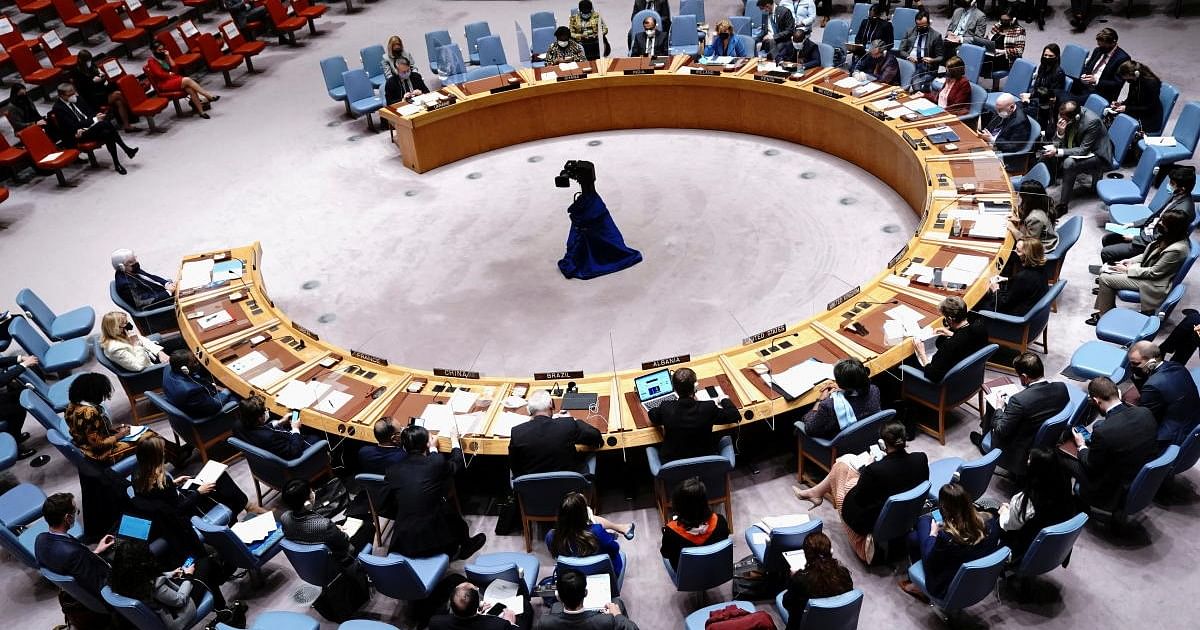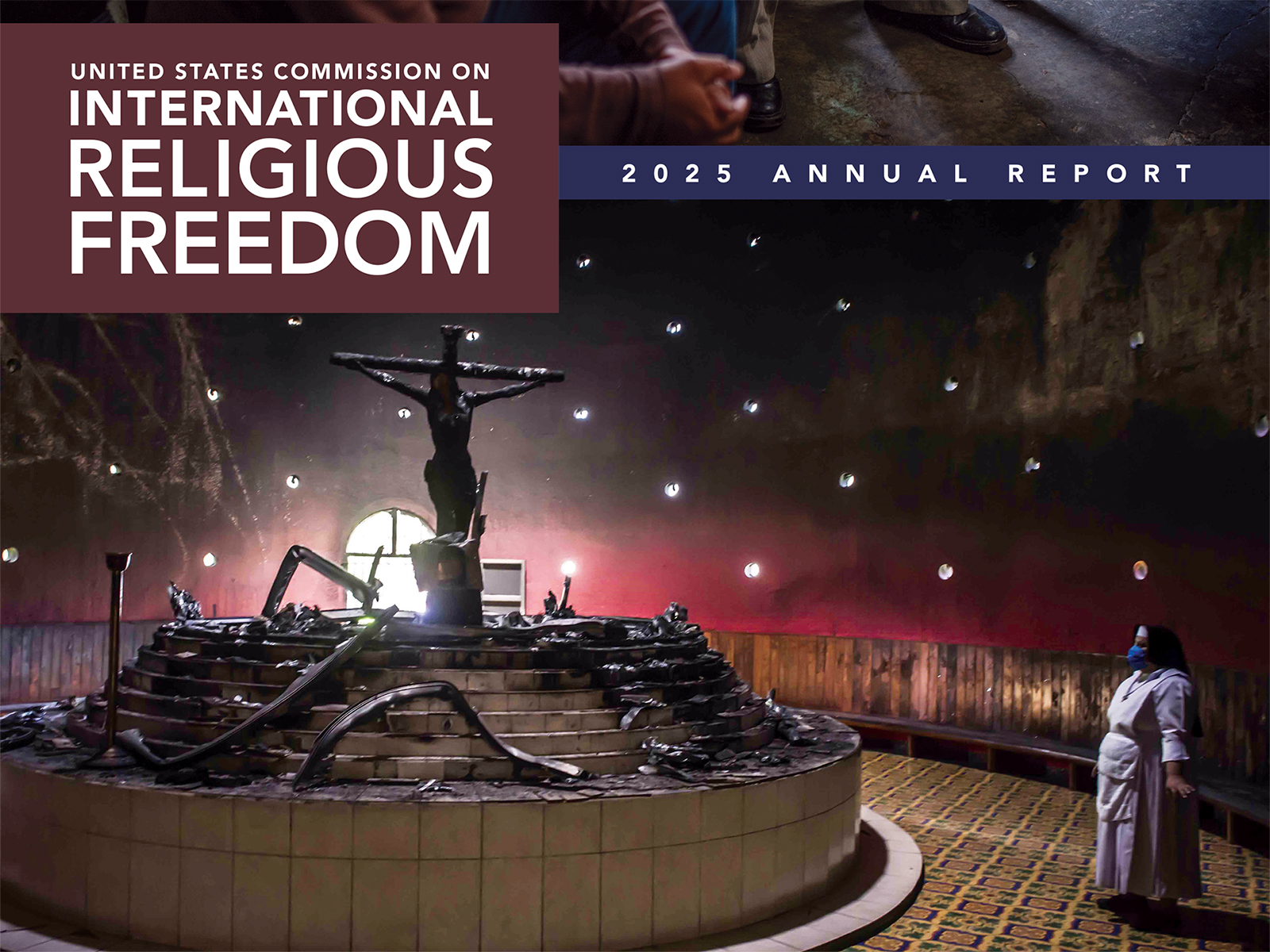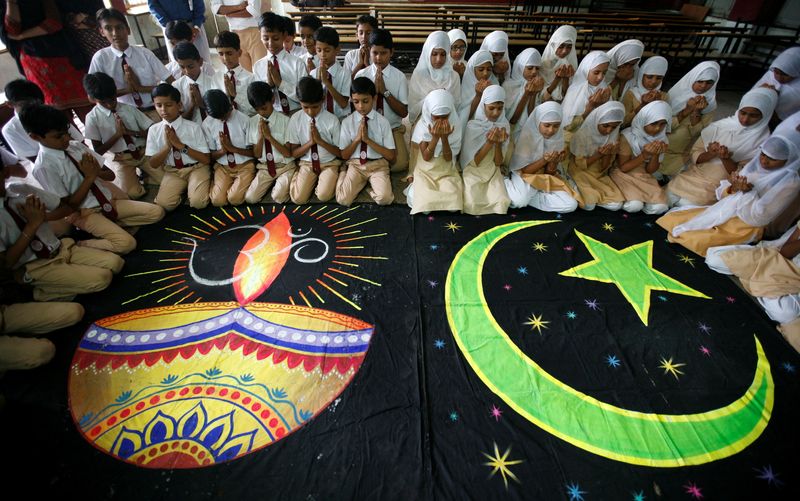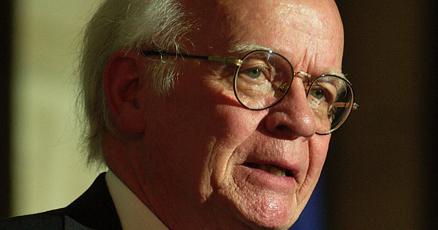Global Power Dynamics: India Challenges Religious Quotas in UN Security Council Overhaul
Religion
2025-04-16 09:26:27Content

In a significant diplomatic push, India and the G4 nations (Brazil, Germany, Japan, and India) have intensified their efforts to reform the United Nations Security Council (UNSC), advocating for a more representative and equitable global governance structure.
The coalition has firmly rejected the use of religion as a criterion for membership, emphasizing instead a comprehensive approach to expanding the Security Council. Their proposal focuses on broadening representation in both permanent and non-permanent member categories, addressing the long-standing imbalances in the current UN framework.
Led by India, the G4 nations are championing a text-based negotiation process, signaling a more structured and pragmatic approach to UN reform. Their strategy aims to modernize the Security Council, reflecting the geopolitical realities of the 21st century and ensuring more inclusive decision-making on global security matters.
The push for UNSC reforms highlights the growing demand from emerging powers for a more balanced international system. By challenging traditional power structures and advocating for expanded representation, these nations are seeking to create a more democratic and responsive global governance mechanism.
As discussions continue, the G4's unified stance demonstrates their commitment to transforming the UN Security Council into a more equitable and effective international body that can better address contemporary global challenges.
Diplomatic Breakthrough: G4 Nations Spearhead United Nations Security Council Transformation
In an unprecedented diplomatic maneuver, India and its G4 allies are championing a groundbreaking initiative to revolutionize the United Nations Security Council's structural framework, challenging long-standing traditional diplomatic paradigms and pushing for comprehensive institutional reform.Reshaping Global Governance: A Pivotal Moment in Multilateral Diplomacy
The Evolving Landscape of International Representation
The current geopolitical ecosystem demands a radical reimagining of global institutional mechanisms. The G4 nations—comprising India, Brazil, Germany, and Japan—have strategically positioned themselves as catalysts for transformative diplomatic change. Their collaborative approach transcends conventional diplomatic negotiations, presenting a nuanced strategy that challenges existing power structures within the United Nations Security Council. By rejecting religion as a determinative parameter for membership and advocating for a more inclusive representation model, these nations are signaling a profound commitment to meritocratic international engagement. The proposed reforms aim to dismantle historical inequities and create a more balanced, representative global governance framework that reflects contemporary geopolitical realities.Comprehensive Reform Strategy: Beyond Traditional Boundaries
The G4's reform proposal represents a multifaceted approach to institutional transformation. Their strategy encompasses expanding membership categories while simultaneously challenging entrenched diplomatic protocols. This sophisticated diplomatic initiative goes beyond mere structural modifications, seeking to fundamentally redefine international collaborative mechanisms. India's leadership in this endeavor highlights the emerging powers' growing influence in shaping global diplomatic discourse. By championing a text-based reform approach, the G4 nations are demonstrating their diplomatic sophistication and commitment to constructive multilateral engagement. The proposed reforms aim to create a more dynamic, responsive, and equitable international decision-making platform.Geopolitical Implications and Strategic Significance
The proposed United Nations Security Council reforms carry profound geopolitical implications. By challenging existing membership criteria and advocating for a more representative model, the G4 nations are effectively disrupting traditional power dynamics. Their approach signals a significant shift from historical colonial-era representations towards a more inclusive, merit-based international governance structure. This diplomatic initiative reflects a broader trend of emerging global powers seeking to reshape international institutions. The strategic alignment of India, Brazil, Germany, and Japan demonstrates a collective commitment to challenging existing geopolitical hierarchies and creating more balanced representation mechanisms.Navigating Diplomatic Complexities: Challenges and Opportunities
While the reform proposal represents a bold diplomatic strategy, it simultaneously confronts significant institutional resistance. Existing permanent members of the UN Security Council may perceive these proposed changes as a direct challenge to their established privileges. The G4 nations must therefore navigate a complex diplomatic landscape, balancing assertive reform advocacy with strategic negotiation. The success of this initiative will depend on their ability to build broader international coalitions, generate consensus, and demonstrate the tangible benefits of a more representative global governance model. Their approach requires diplomatic finesse, strategic communication, and a compelling narrative of institutional transformation.RELATED NEWS
Religion

Faith Under Fire: Global Religious Freedom Stalls as Persecution Persists
2025-03-26 19:17:57
Religion

Faith in Education: Missouri Lawmakers Push for Controversial Classroom Doctrine Bill
2025-03-25 21:30:00
Religion

Sacred Heart Sisters Celebrate 125 Years of Global Compassion and Service
2025-03-22 10:48:00





